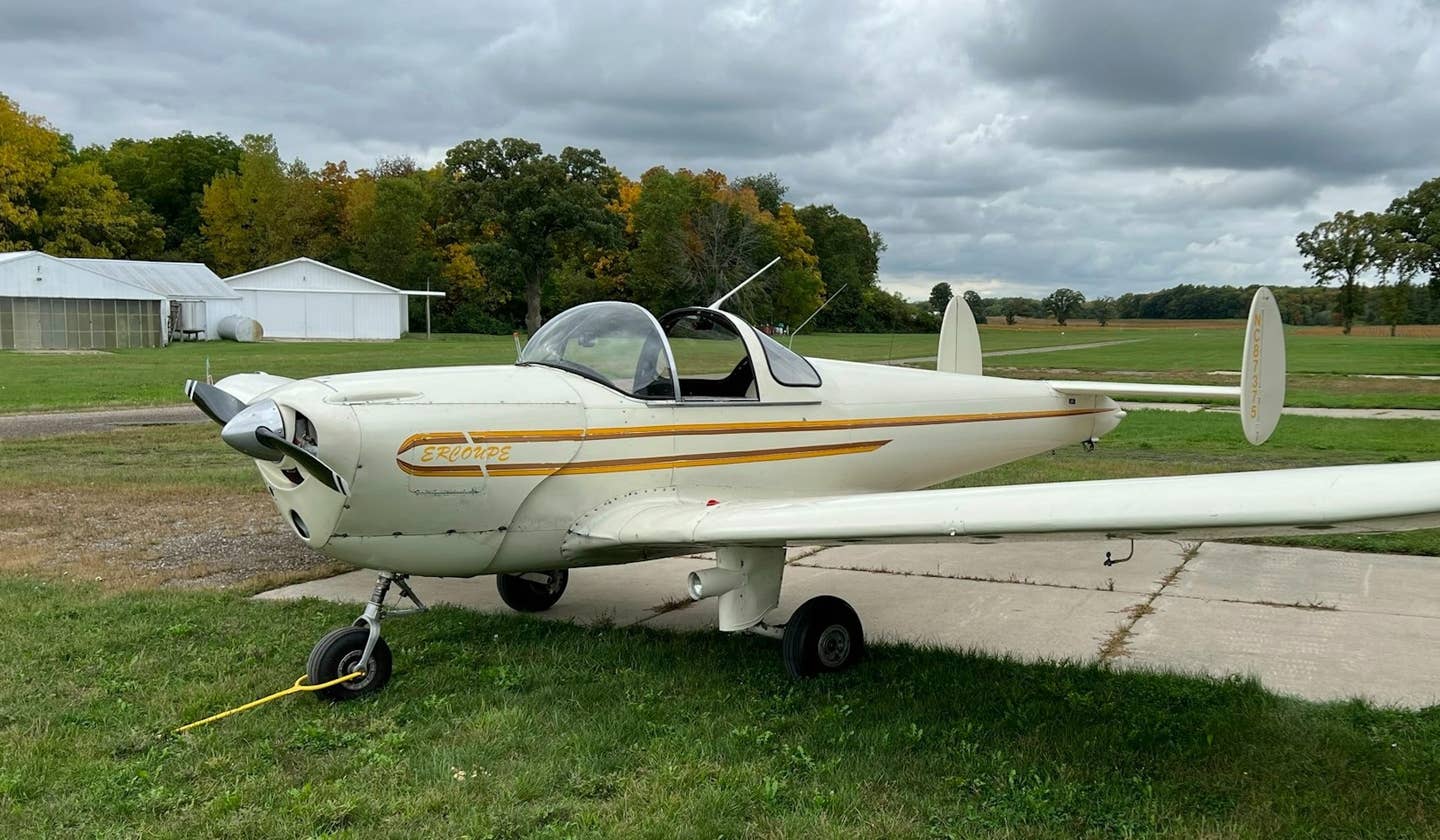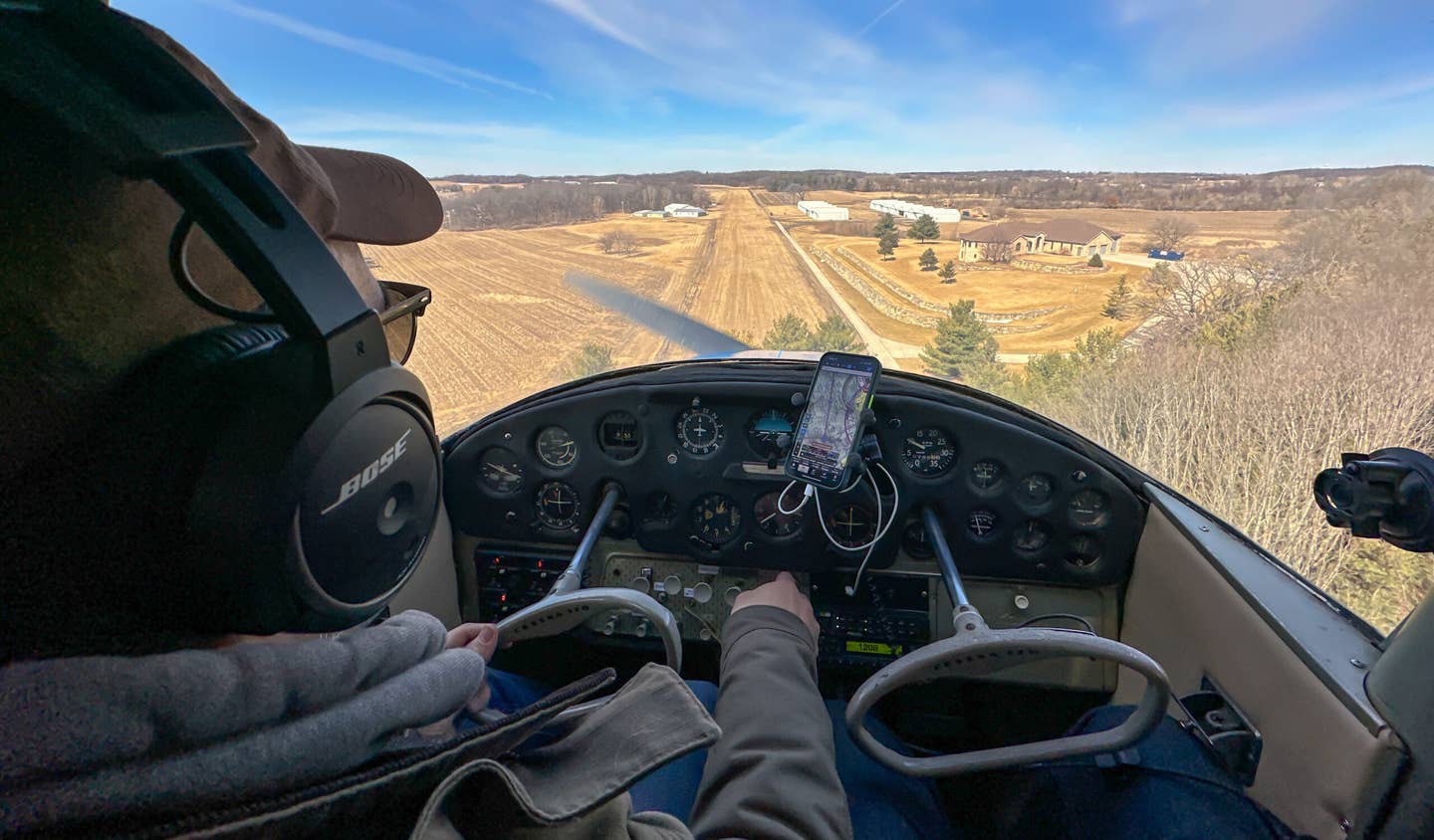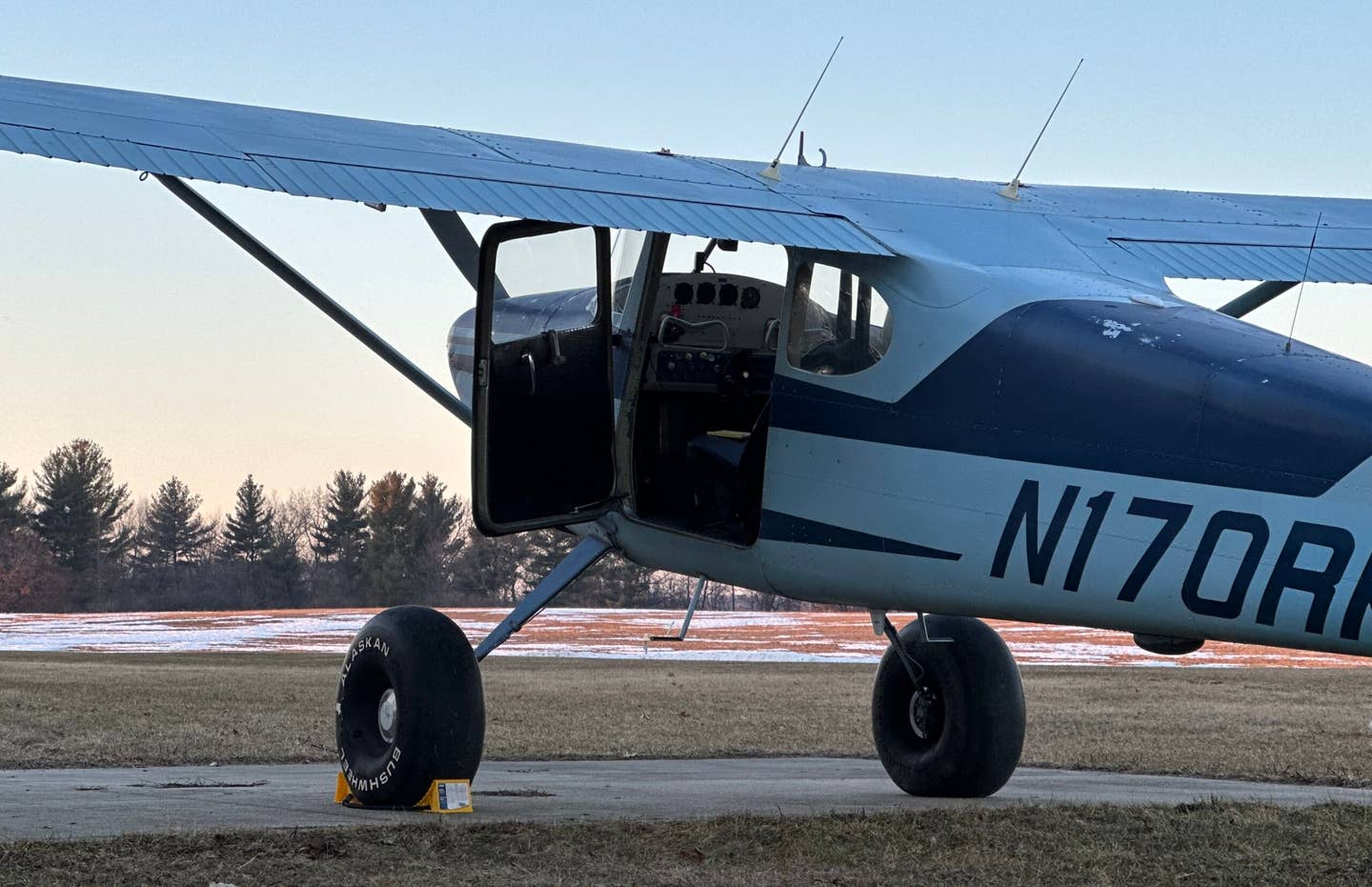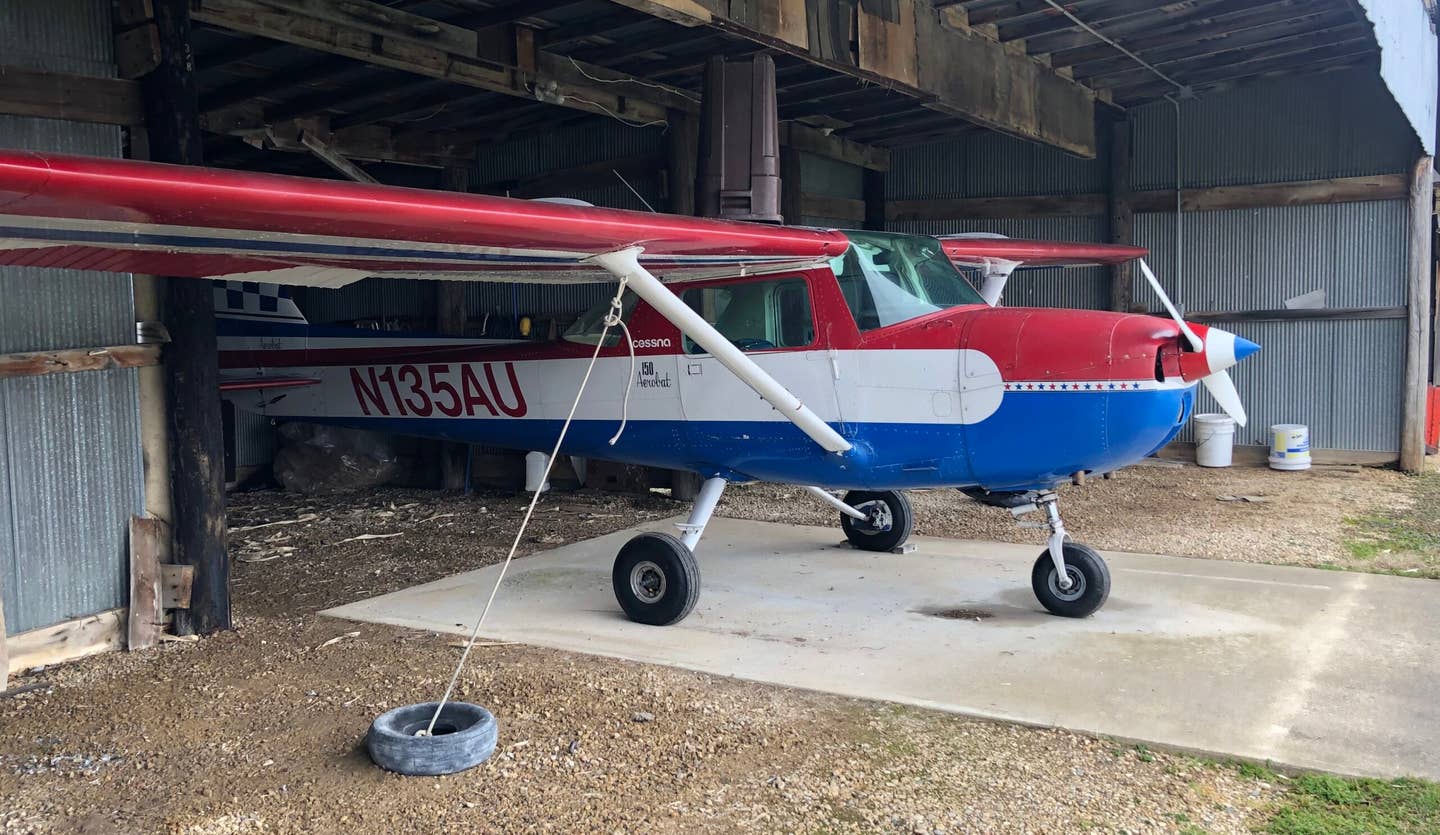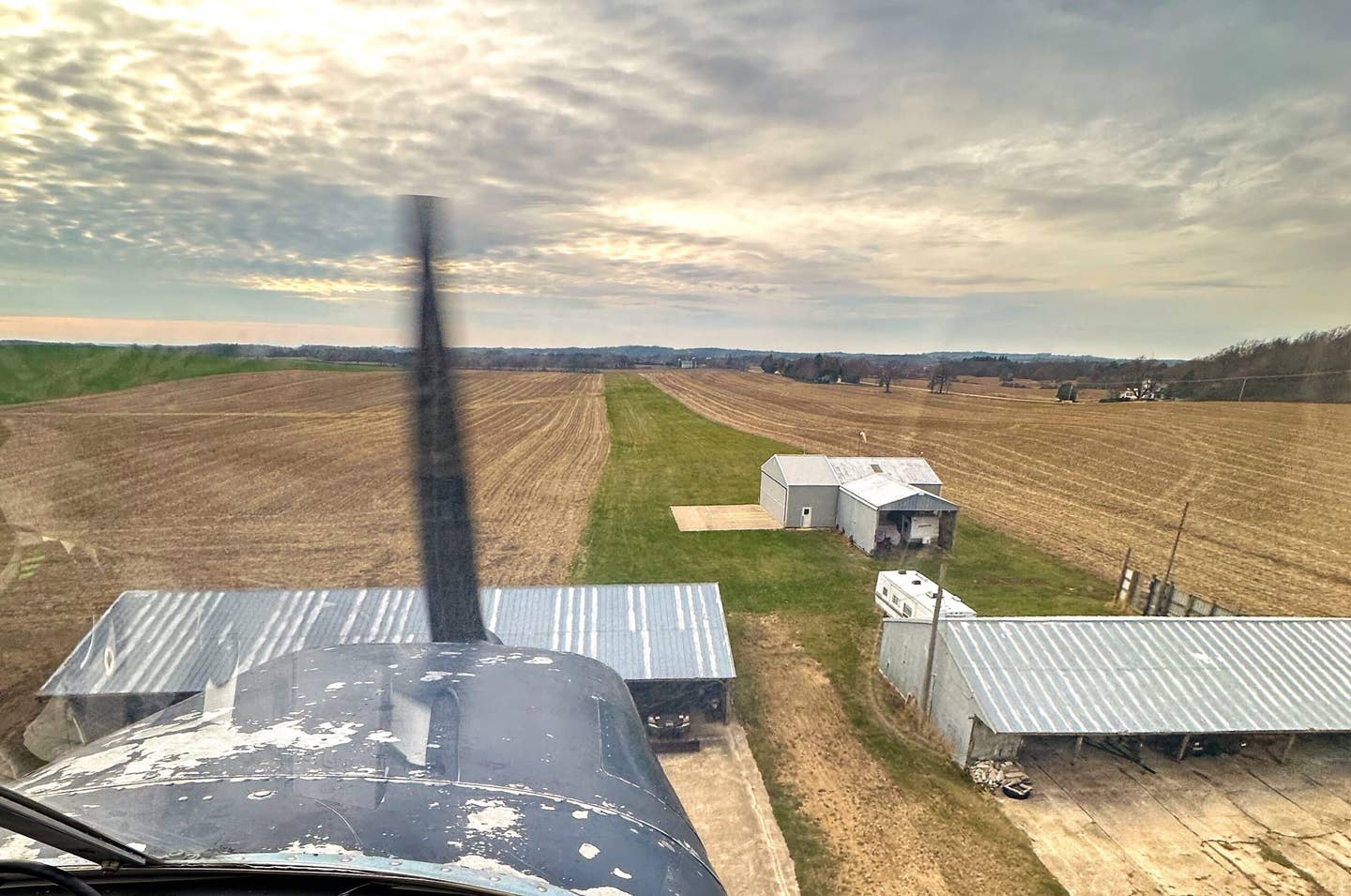Looking Beyond a Pre-Purchase Checklist
Predicting future headaches with your new aircraft means becoming an amateur detective.
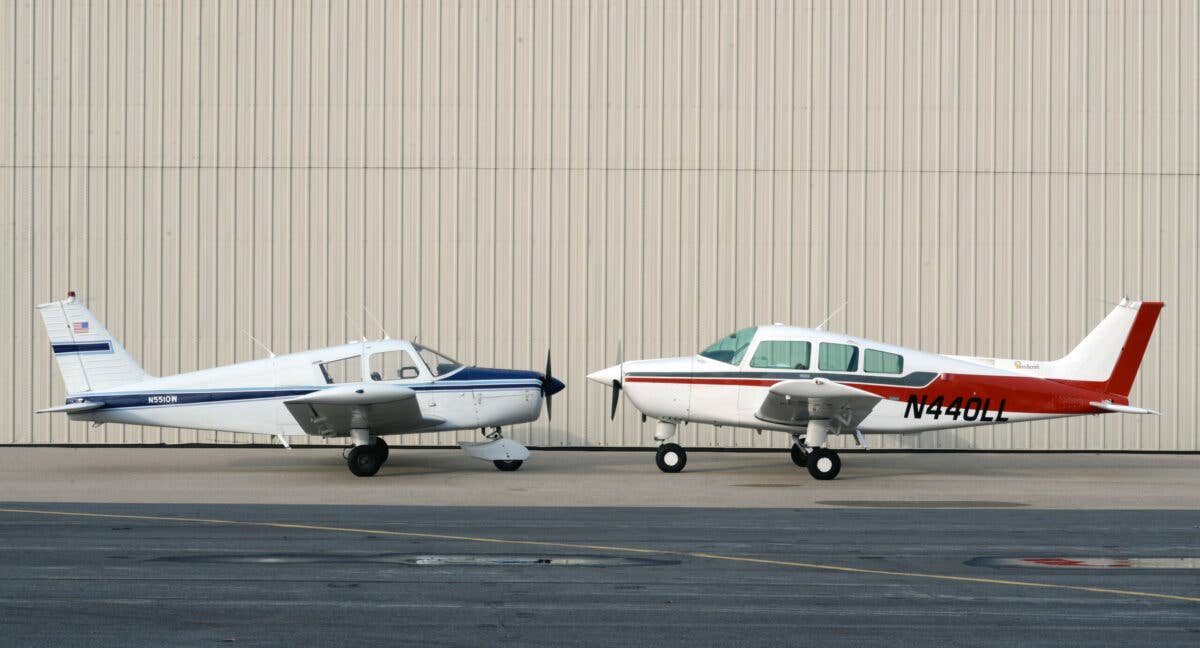
Choices abound among the various classified sites, and thorough investigation on the front end of a purchase can pay dividends on the back end. [Credit: Jason McDowell]
In the eyes of prospective airplane owners, the departure of winter can be a dangerous and exciting time. Here in the northern states, the warm weather summons existing owners out of their hangars and into the sky, local fly-ins start to resume, and the drone of Continentals and Lycomings wafts through newly-opened windows, tantalizing owners-to-be. Having spent months scouring the classified sites while cooped up inside, these prospective owners take note and become increasingly antsy as their savings begin to burn a hole in their pocket.
As long and as frustrating as the hunt for the perfect airplane can be, it’s important to remain disciplined. On the one hand, it would be a mistake to remain a perpetual shopper, endlessly waiting for the perfect airplane to appear at the perfect price. But on the other hand, one must exercise patience to ensure their first airplane purchase is smart.
Among all the first-time buying advice I see and hear, many of the same items pop up regularly. Ensure the airplane doesn’t have a corrosion problem. Ensure the engine has been operated somewhat regularly and has not been sitting. Ensure the logs are complete, with no surprises. Obtain a thorough pre-purchase inspection from someone intimately familiar with the type. It's all great advice that should certainly be followed.
But how can one look beyond the usual pre-purchase checklist and peer into a figurative crystal ball to predict what future maladies may surface? How can one anticipate and prepare for issues that might not reveal themselves for another two years…or five? To gain this level of knowledge, one must become something of an amateur detective. Fortunately, doing so is both simple and fun.
The easiest way is to join an airplane’s type club and engage with current owners. A phone call here or an email there can easily evolve into an enjoyable, hour-long micro-education about an aircraft type, providing a thorough understanding of the concerns and intricacies specific to it. In a matter of hours, one can learn from the expensive and extensive mistakes of others, all for an annual membership fee that’s typically around $50. That’s less than dinner for two at Olive Garden.
Over the years, I’ve only ever met one airplane owner that wasn’t completely enthusiastic about educating me about his airplane. It wasn’t entirely his fault, however, considering I ignored multiple “No Trespassing” signs, proceeded to trespass upon his property, and knocked on his back door on an otherwise peaceful Sunday afternoon. He was a good sport, however, and I received none of the gunshot wounds promised by the aforementioned signs.
Virtually every other airplane owner will happily indulge a prospective owner-to-be in the hopes of bringing them into the fold. While investigating the Beechcraft Musketeer, for example, I learned that many are equipped with the Continental IO-346. This is widely regarded as a great engine, but as it was only ever produced for the Musketeer, it is an orphan engine. Parts are extraordinarily difficult to source, and further investigation revealed that multiple engine shops simply refuse to work on them.
More than one owner with whom I spoke expressed regret that they hadn’t investigated this concern more thoroughly. While they love their engine and airplane, they dread the day when they are forced to find parts and maintenance for major work. In the meantime, they actively scour eBay, Craigslist, and other sources to proactively find and stockpile parts.
Similarly, researching the Mooney M20 series for a recent installment of Air Compare (coming up in FLYING’s April 2023 print edition) taught me things I would never have learned without picking up the phone and engaging with current owners. For this particular article, I was comparing ownership of the M20 with the Grumman AA-5 series. I knew going into it that the retractable-gear Mooney was more expensive to insure than the fixed-gear Grumman, but I vastly underestimated just how much more expensive it is.
After interviewing several owners of each type and learning how much they pay every year for insurance, I reached out to a broker to conduct a theoretical apples-to-apples comparison. I asked the broker to create quotes for a 40-year-old private pilot with no instrument rating, 250 hours total time, and 5 hours in type. For a Grumman and a Mooney with the same horsepower and hull value, that pilot could expect to pay a premium of $341 per month to insure the Mooney. Adding an instrument rating, total time, and time in type still resulted in an additional premium of more than $200 per month above the cost to own a Grumman AA-5 series.
That’s a significant expense that can easily remain hidden until after the purchase, particularly if the first-time buyer simply accepts that retractable-gear airplanes are generally more expensive to insure without digging deeper for specific numbers. Going into it with a nebulous idea that some increased expense will be there starts to prepare a prospective buyer, but conducting these sorts of investigations fully prepares them.
As more airplanes emerge from their hangars and as more small airports resume hosting their wonderful Saturday pancake breakfast fly-ins, a wise buyer will take just a bit more time to play detective. This way, they will learn the hard lessons as well as the success stories experienced by those whose footsteps they follow.

Sign-up for newsletters & special offers!
Get the latest FLYING stories & special offers delivered directly to your inbox

